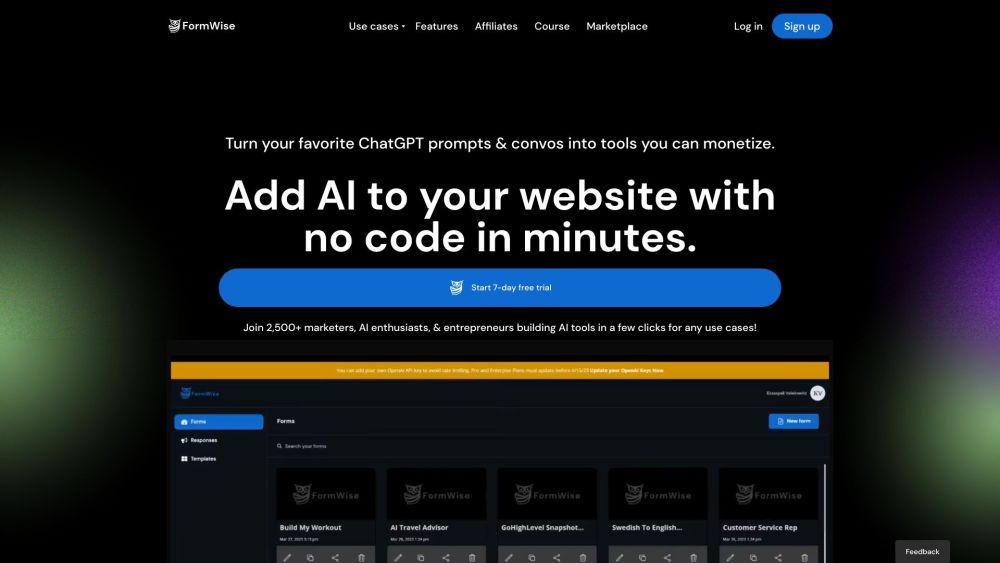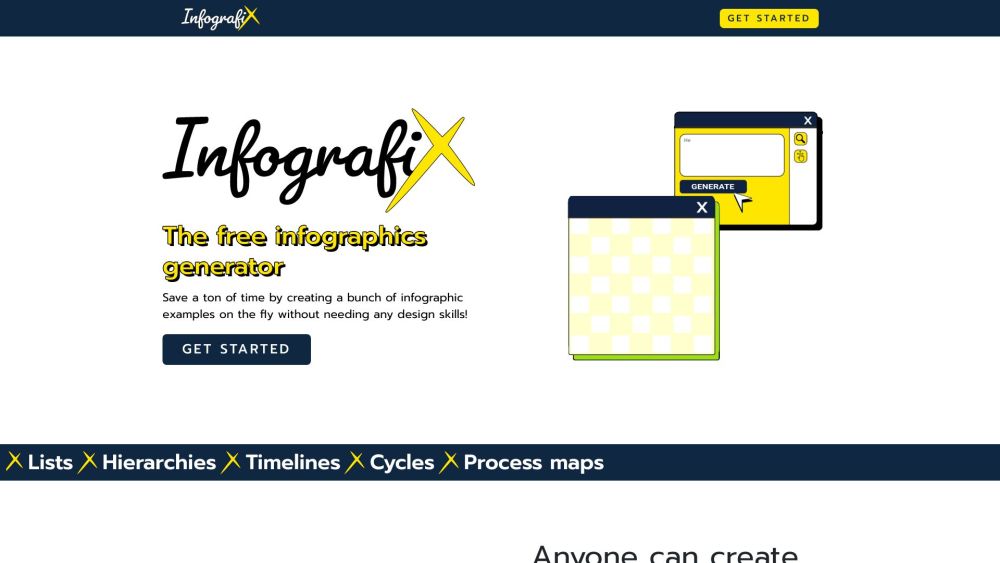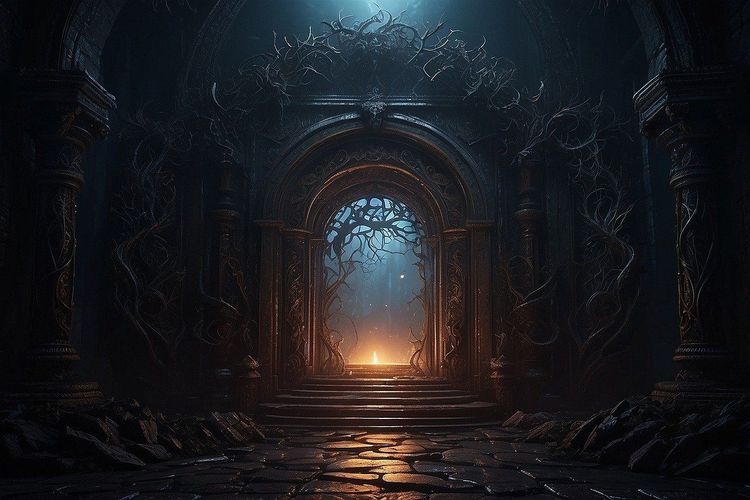A recent development saw a federal judge issuing a temporary block on a newly enacted California law that aims to restrict the use of political deepfakes surrounding elections. U.S. District Senior Judge John Mendez granted a preliminary injunction in response to a lawsuit brought forth by Christopher Kohls, also known as Mr. Reagan, who argued that the law, AB 2839, effectively criminalizes computer-generated parodies. Judge Mendez, appointed by President George W. Bush, sided with Kohls, highlighting concerns over free speech infringements.
In his ruling, Mendez acknowledged the significant risks posed by artificial intelligence and deepfake technology in the realm of civic engagement, particularly in the age of social media disinformation. Despite recognizing the importance of addressing these challenges, Mendez criticized AB 2839 for its broad and stifling nature, noting that it suppresses humorous expression and limits the free exchange of ideas crucial to American democratic discourse.
The contentious law, signed by California Governor Gavin Newsom, sought to combat digitally altered and misleading election-related content within a specific timeframe, allowing legal action against distributors and prohibiting further dissemination. Kohls, a popular YouTube figure known for creating satirical political content, successfully argued that the law's restrictive approach was unconstitutional and lacked the necessary precision in targeting harmful deepfakes.
In response to the ruling, a spokesperson for Newsom, Izzy Gardon, defended the law as a necessary safeguard for democracy while maintaining free speech rights. Emphasizing the potential threat posed by deepfakes to election integrity, Gardon expressed confidence in the legislation's ability to regulate such deceptive content without overly restricting artistic expression or political commentary. Despite the setback in court, California remains committed to addressing the challenges posed by AI-generated content through a balanced and legally sound approach.






